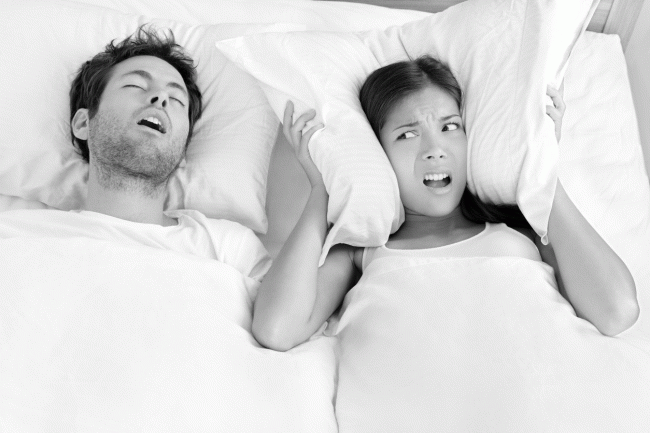Archives
Stay up-to-date and on top of your health with our e-Newsletter and receive updates on current treatments and vital health issues.
Sleep Disorder

Sleep making you tired? Dreaming of nothing more than to wake up feeling refreshed? Read on to learn if you may be suffering with a sleep disorder…..
Do you snore loudly (loud enough to be heard through closed doors) or does your bed partner elbow you at night? Do you often wake unrefreshed and feel fatigued during the day? Has anyone observed that you pause for breath or choke and gasp at night?
If the answer to any of these is yes, you may suffering from obstructive sleep apnoea.
Obstructive sleep apnoea (OSA) is defined as repeated episodes of partial or complete obstruction of the upper airway during sleep. A narrow floppy throat is also more likely to vibrate during sleep, causing loud snoring. If partial or complete obstruction occurs breathing is reduced or stops and oxygen levels fall as a result. A brief interruption to sleep and arousal then occurs, allowing breathing to start again. These intermittent disruptions in sleep may be happening hundreds of times overnight. Some people are unaware of these episodes whilst others know that their breathing is not normal at night.
Sleep apnoea causes more than just noisy snoring, and a poor night’s sleep. OSA causes stress on your body’s organs, in particular the heart that can lead to other health problems. Left untreated sleep apnoea can result in high blood pressure, heart attacks, stroke, diabetes and depression. Lowered mood, irritability poor concentration and cognitive effects are also commonly associated with sleep apnoea.
People with untreated OSA are also approximately two and a half times more likely to have a motor vehicle accident. Reduced levels of alertness, slower reaction times, poorer concentration and a higher risk of falling asleep at the wheel, all increase the risk of road traffic accidents. Similarly, accidents in the workplace are also more likely.
Take a moment to ask yourself the following questions relating to daytime sleepiness:
How likely are you to doze off or fall asleep when:
- Reading
- Watching TV
- Sitting quietly in a public place e.g. a theatre or a meeting
- Travelling as a passenger in a car for an hour without a break
- Lying down to rest in the afternoon when circumstances permit
- Sitting and talking to someone
- Sitting quietly after a lunch without alcohol
- In a car, while stationary in traffic
Obstructive sleep apnoea can occur at any age:
- In children it is usually the result of enlarged tonsils or adenoids.
- In adults OSA is more common in people who are overweight due to narrowing of the upper airway by surrounding fatty tissue. However, not all people with OSA are overweight; some are born with an airway or facial structure which leads to airway narrowing. Men are also more likely to suffer from OSA than women.
If you or your partner are concerned about your snoring or your child’s snoring, daytime fatigue or sleep hygiene, speak to your doctor to help determine whether an underlying condition such as obstructive sleep apnoea could be contributing to your symptoms.